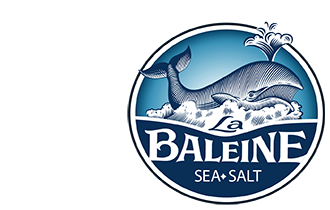Health notices
Eating and exercise are part of the pleasures in life and can help you and your family stay healthy. By making the right choices, you can also protect yourself against certain diseases.
The national nutrition and health programme offers nutritional recommendations that are fully compatible with the idea of pleasure and conviviality.
Each food family has its place on your table, every day. Each one is essential in providing a nutritional balance, but we need to limit our consumption of some of them and give preference to others.
What does this mean in practice?
• Eat at least 5 portions of fruit and vegetables a day: raw, cooked, natural, prepared, fresh, frozen or canned.
• Eat bread and cereal products, potatoes and dried vegetables with every meal, depending on your appetite (give preference to whole cereal products).
• Eat 3 dairy products a day (milk, yoghurt, cheese): go for variety.
• Eat meat, fish (and other seafood products) or eggs once or twice a day, on an alternate basis; try to eat fish at least twice a week.
• Limit the amount of added fat (butter, oil, cream, etc.) and fatty products (appetizer snacks, pastries, etc.).
• Limit the amount of sugar and sweet products (fizzy drinks, sweet drinks, confectionery, chocolate, cakes, cream desserts, etc.).
• Limit your consumption of salt
• Drink lots of water, during and outside mealtimes.
• Do not drink more than 2 units of alcohol for women and 3 units for men (1 x 10 cl glass of wine is equivalent to 33 cl of beer or 1 x 6cl of a drink containing 20° of alcohol (e.g. port) of 1 x 3 cl of a drink containing 40° to 45° of alcohol (e.g. whisky or pastis)).
• Take part in a physical activity every day to achieve at least the equivalent of 30 minutes’ fast walking per day (use the stairs rather than the elevator , walk or cycle rather than taking the car wherever possible...).
